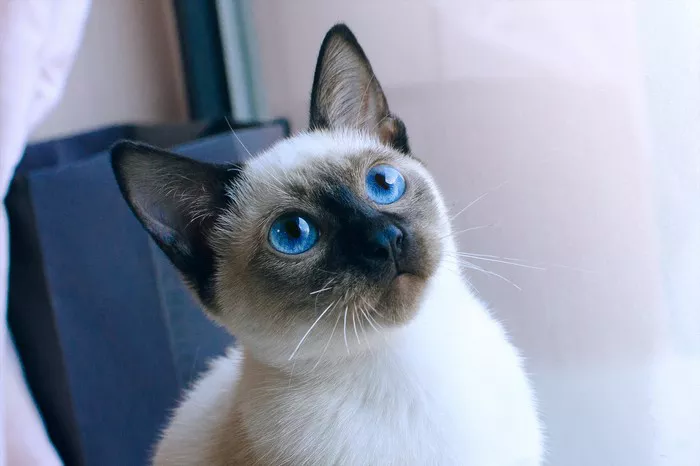In a comprehensive review spanning 44 years and involving 11 countries, researchers have identified a potential connection between cat ownership and an increased risk of schizophrenia-related disorders. The findings, published in the Schizophrenia journal, indicate that cat parents may be at double the risk of developing mental health issues associated with schizophrenia.
The roots of this association trace back to a 1995 study, linking the heightened risk to exposure to the parasite Toxoplasma gondii. This parasite can be transmitted through undercooked meat or cat feces. While subsequent studies have provided mixed results, a conclusive link between owning a cat and schizophrenia had not been established.
The recent analysis, encompassing 17 studies, sheds light on a significant positive association between cat ownership and an elevated risk of schizophrenia-related disorders. It is crucial to note that these studies, primarily case-control studies, fall short of establishing a definitive cause-and-effect relationship. Furthermore, the quality of some studies was considered low, introducing a level of complexity to the findings.
Understanding Schizophrenia and Its Potential Link to Cat Ownership
Schizophrenia is a complex brain disorder characterized by delusions, hallucinations, impaired thinking, and diminished motivation. Unfortunately, there is currently no cure for schizophrenia. The potential link to cat ownership revolves around the parasite Toxoplasma gondii, which can be transmitted to humans through the bite of an infected cat or exposure to its feces.
Researchers hypothesize that T. gondii has the capacity to infiltrate the central nervous system, influencing neurotransmitters and potentially leading to personality changes, the onset of psychotic symptoms, and neurological disorders such as schizophrenia.
Caution and Considerations in Interpreting the Findings
Despite the compelling nature of the analysis, researchers emphasize that these 17 studies, while revealing a correlation, do not establish a definitive cause-and-effect relationship. The quality of some studies was flagged as a potential limitation, and results varied across different studies.
The researchers acknowledge that higher-quality studies indicated that unadjusted models might be influenced by factors affecting the results. Therefore, caution should be exercised in drawing concrete conclusions about the direct impact of cat ownership on schizophrenia-related disorders.
Childhood Exposure and Schizophrenia Symptoms: Unraveling Complex Connections
Intriguingly, some studies explored the correlation between spending time with cats during childhood and an increased likelihood of developing schizophrenia symptoms later in life. However, it’s important to note that not all studies supported this association, highlighting the complexity of unraveling the potential links between childhood exposure to cats and mental health outcomes.
As the scientific community grapples with these findings, it is imperative to recognize the need for further research and a more nuanced understanding of the multifaceted factors contributing to mental health disorders like schizophrenia.
In conclusion, while the study offers valuable insights into a potential link between cat ownership and schizophrenia-related disorders, it underscores the importance of approaching such findings with caution and advocating for continued research to unravel the intricacies of this complex relationship.



























